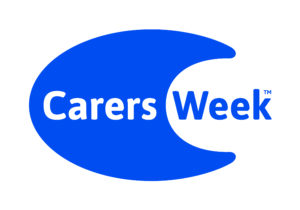 With Carers Week on the way from 6 – 12 June, Carers UK and six other UK national charities (Age UK, Carers Trust, MND Association, Rethink Mental Illness, Oxfam GB and The Lewy Body Society), are calling for the UK Government to publish a recovery and respite plan for unpaid carers.
With Carers Week on the way from 6 – 12 June, Carers UK and six other UK national charities (Age UK, Carers Trust, MND Association, Rethink Mental Illness, Oxfam GB and The Lewy Body Society), are calling for the UK Government to publish a recovery and respite plan for unpaid carers.
They want this to be a plan that will outline additional support for carers across a range of areas, including: breaks, respite and care services, infection control, identification of carers, financial help, and support to help people juggle work alongside their caring responsibilities.
How you can get involved in the campaign
To raise awareness of Carers Week and the campaign, please see below and take a couple of minutes to write to your local MP today. Carers UK have provided a template letter and ask that you add your own personal experience of caring to this, before sending it. Please forward any response you receive from your MP to [email protected] so that they can follow up with them, if you are happy to do so.
Click here to write to your MP
Why the charities are calling for the recovery and respite plan
Millions of people have provided unpaid care to family and friends over the past two and a half years to ensure they were looked after and kept safe. The level of support that carers have provided to family and friends has been staggering, but has often come at great cost to their own health and wellbeing. Although some may feel that the pandemic is over, many carers don’t feel that way – both the legacy of the pandemic, as well as worries about infection, are still present in carers’ lives.
Ahead of this winter, and to ensure carers get the support they need as soon as possible, the Government needs to provide more support to carers to enable them to care safely and well, and to live a life beyond their caring responsibilities. That’s why this Carers Week, Carers UK and the six charities are calling for Government to develop a plan for unpaid carers.
Doing so would recognise the enormous impact the COVID-19 pandemic has had on carers’ lives, as well as the lives of people they care for, and help to mitigate some of the negative impacts that caring can have on carers’ own physical and mental health.





